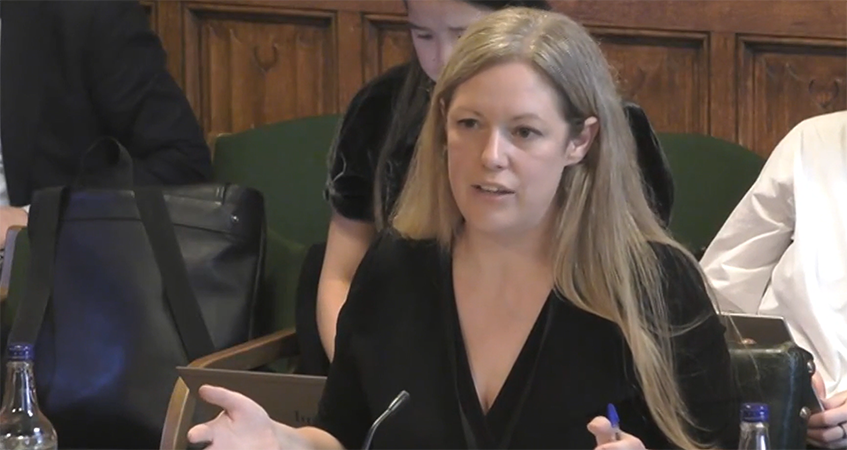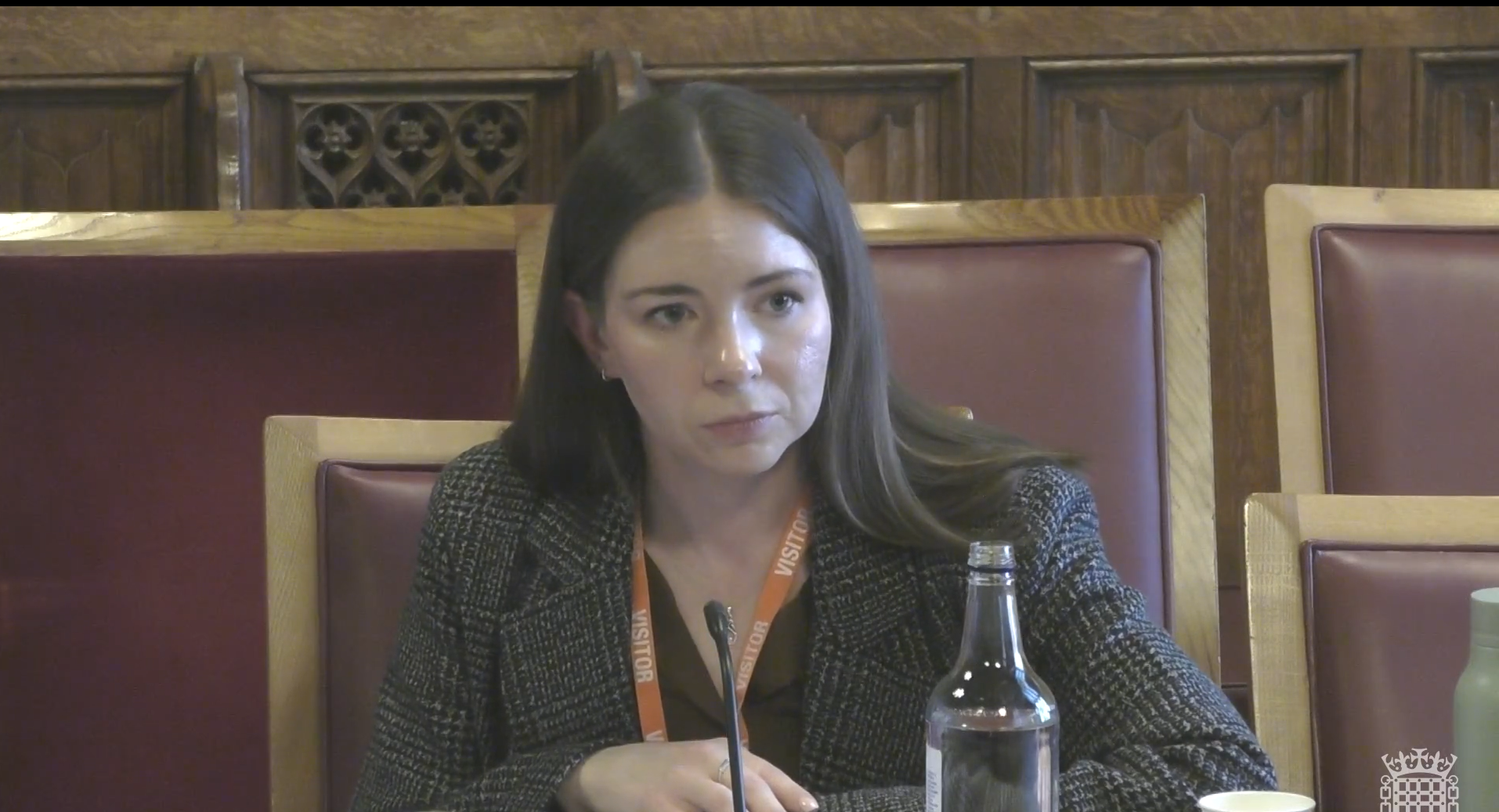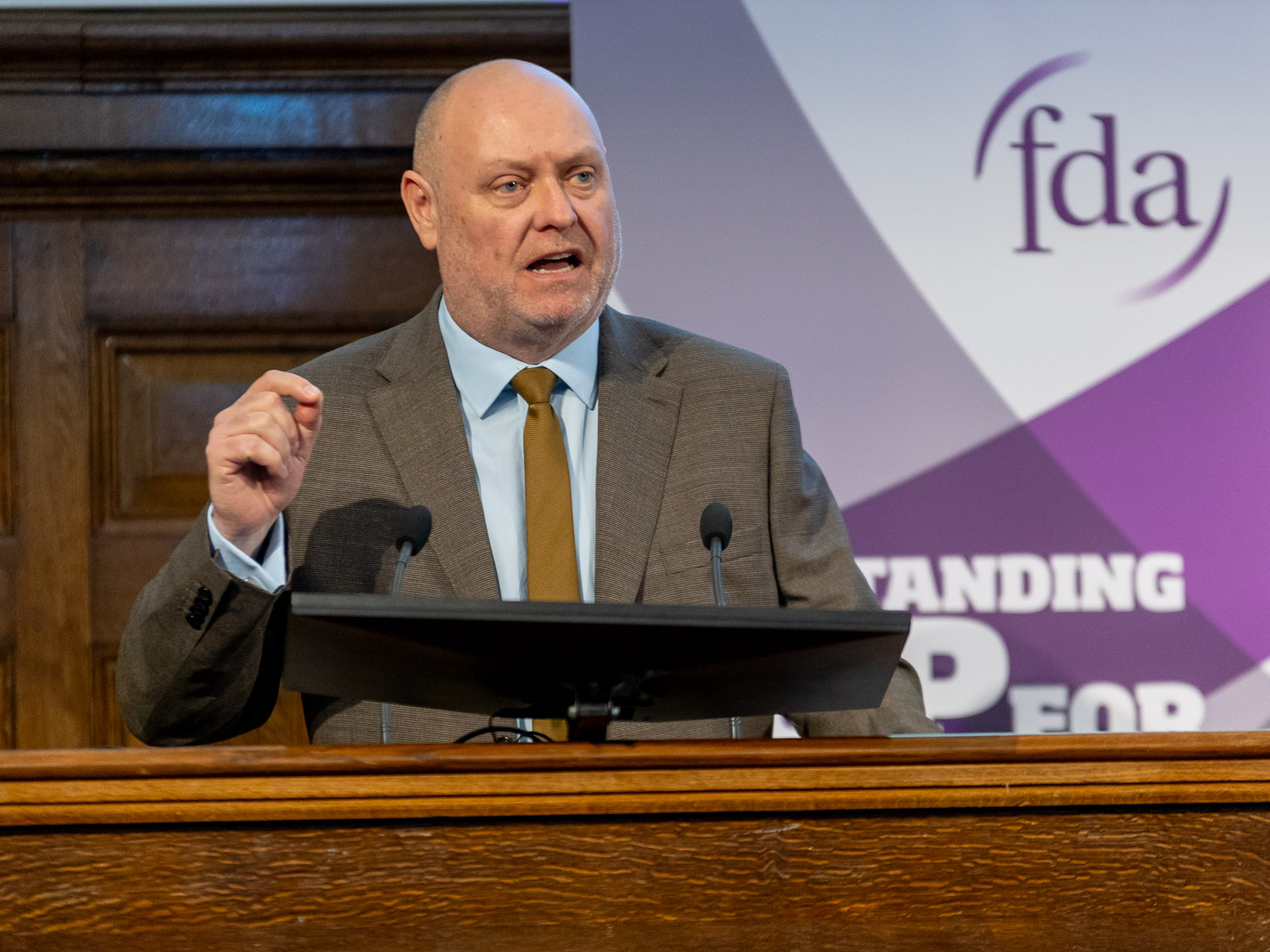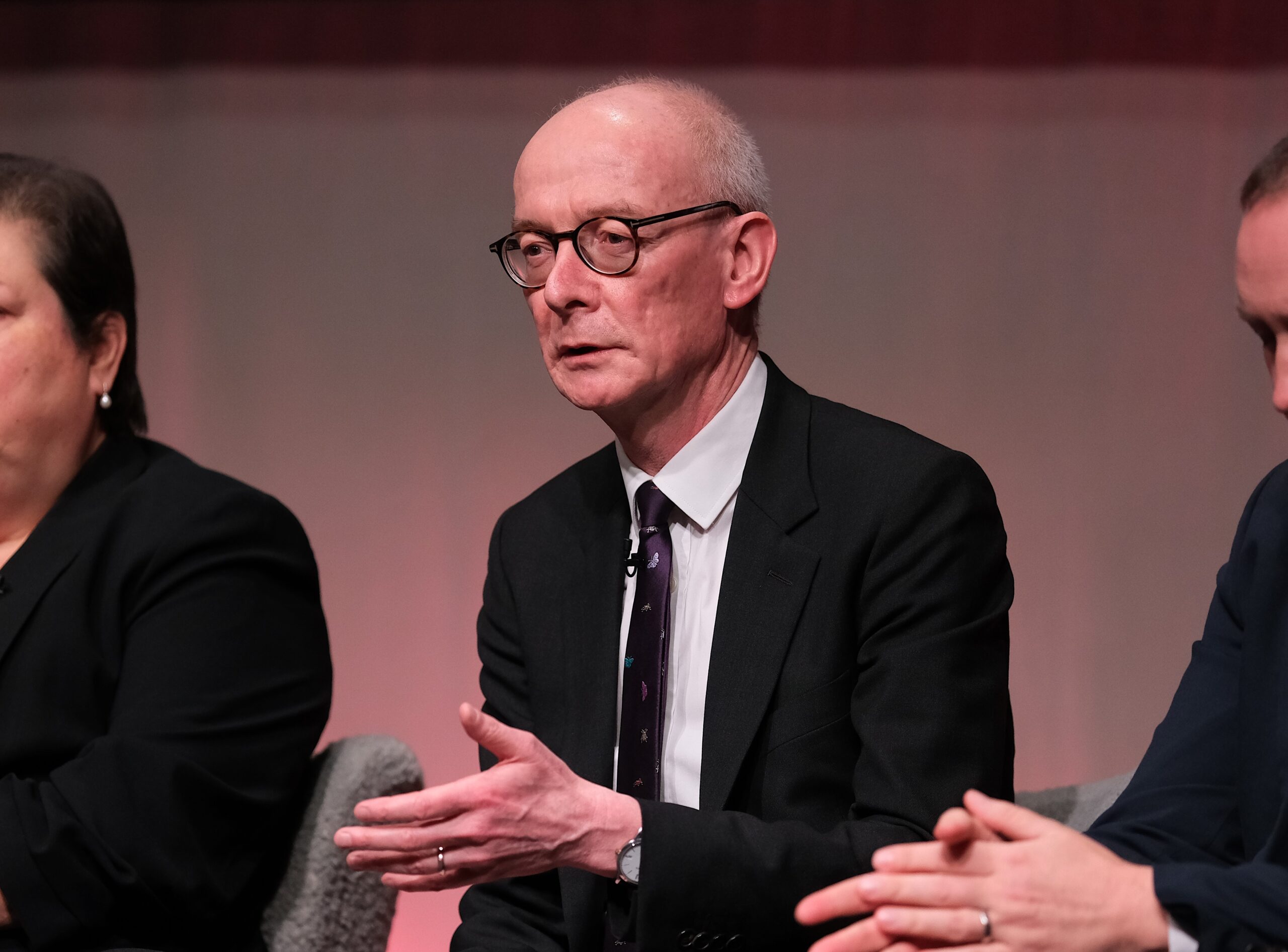FDA tells MPs: Little progress made in creating SCS opportunities outside London

FDA Assistant General Secretary Amy Leversidge has told MPs that “the dysfunctional nature of strategy making in the civil service” is partly responsible for a lack of progress in moving civil servants out of London.
“We discuss Places for Growth, but that doesn’t relate to what they’re doing with pay, that doesn’t relate to what they are doing with civil service numbers, but all of those things will have an interaction with each other,” she continued.
Leversidge demonstrated this with the government’s previous plans to cut 91,000 jobs. She said this meant the government had “already lost one of the levers you can pull”, as it limited the amount of new posts outside of London that were being advertised.
The Assistant General Secretary also told the Committee that for strategies like Places for Growth to work “ministers do need to be meaningfully working” outside of London as “the centre of gravity for every department is the minister, so if the minister is not based outside of London… the SCS posts will be drawn back”.
Again highlighting the dysfunctionality of government strategies for the civil service, Leversidge argued that you cannot “divorce” the reluctance of senior civil servants to work away from ministers “from ministerial attitudes that we’ve seen around hybrid working”. Leversidge said this had given “the impression that if you’re not directly seen by a minister then you’re not getting on with your job”, disincentivising relocation.
“The constant drumbeat we’ve had since 2016 of attacking civil servants”, continued Leversidge, alongside 10 years of falling real-terms wages, the plan to cut 91,000 jobs, and issues if ministerial behaviour “is having an incredibly damaging impact on morale and motivation”. As a result, the biggest concern is not that civil servants aren’t moving out of London, but they are “looking to leave the civil service”, as they can receive considerably better pay elsewhere.
Leversidge also discussed the momentous decision of FDA Fast Stream members to vote to take strike action. She warned that “chronic and longstanding issues with the pay structure” have actually left many Fast Stream members “terrified” of being placed in London due to the cost of housing, with many looking to leave the scheme altogether.
You can watch parts of Leversidge’s appearance on the FDA Twitter page.
Related News
-

Office attendance mandate “doesn’t make sense”, Crowley tells House of Lords Home-based Working Committee
FDA Assistant General Secretary Lauren Crowley gave oral evidence to the House of Lords Home-based Working Committee for its inquiry on remote and hybrid working.
-

“FDA is not afraid of civil service reform, but it has to have substance”
FDA General Secretary Dave Penman responds to the government’s latest announcement on the reshaping and renewal of the state.
-

Government’s plans for civil service reform “lack substance”, says FDA
The FDA has criticised the government’s rhetoric surrounding the announcement of a series of civil service reforms – on performance-based pay, fast track exits for underperformers, and performance management – by Chancellor of the Duchy of Lancaster Pat McFadden.